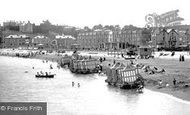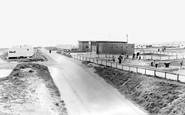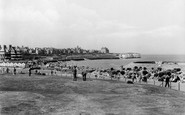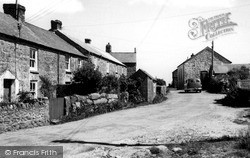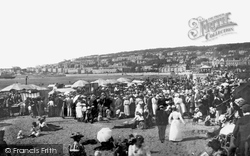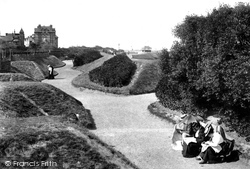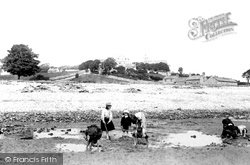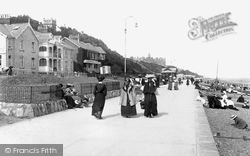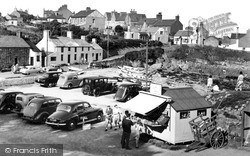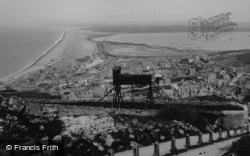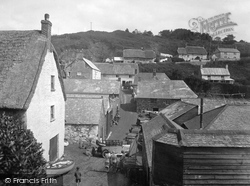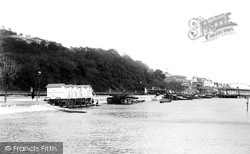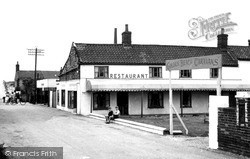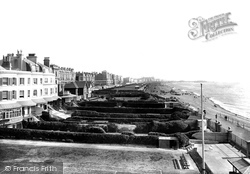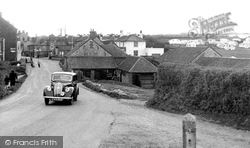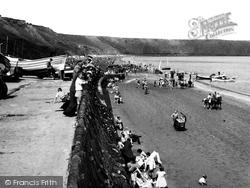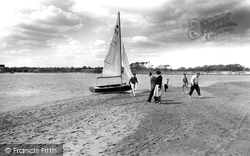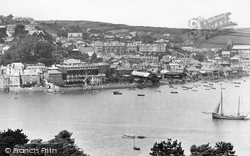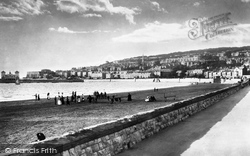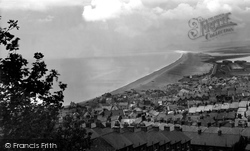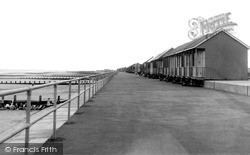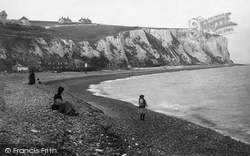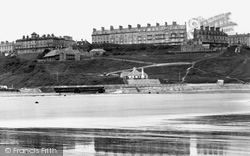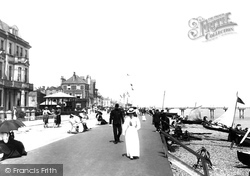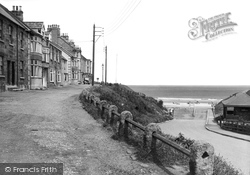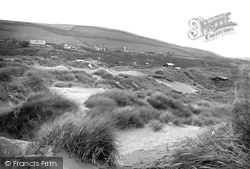Places
12 places found.
Those places high-lighted have photos. All locations may have maps, books and memories.
Photos
191 photos found. Showing results 441 to 191.
Maps
115 maps found.
Books
1 books found. Showing results 529 to 1.
Memories
1,374 memories found. Showing results 221 to 230.
Chestfield Kent During Ww2
I was born in Bromley, Kent in 1940.My childhood was spent alternating between my mother and father's house called, from memory, either Stafford or Stratford House, on the right hand side proceeding from the Chestfield ...Read more
A memory of Chestfield by
Trees Please, We're British
The current fad for destruction of our lovely landscape and English and Welsh countryside has to stop! When I first came to Rockfield many years ago (from the Forest) it was a long way from Monmouth, now the suburbs ...Read more
A memory of Rockfield Park by
Dream Come True
My parents had long been visitors to Norfolk during the second world war. My mother now in her eighties visited Great Yarmouth many times as a child and my father being older than mum did his basic RAF training in Norfolk. My family ...Read more
A memory of Scratby by
Witnessing The Last Throes Of Strict Bathing Segregation Laws
The caption in the Francis Frith book 'Paignton', by Peggy Parnell (p.46), reads: 'With his powerful business aptitude, Mr Dendy quickly installed the most important tourist commodity, ...Read more
A memory of Paignton by
Blackhall Beach
As a child living in Blackhall my lasting memory is playing on the beach with my sister Margaret. Moira Hughes
A memory of Blackhall Colliery by
Barry Island
I remember the Donkeys in Barry Island very well some times i used to go for a ride on a donkey on the beach at Barry. That was many years a go when i was young we used to go to Barry Island quite often on day or afternoon trips as ...Read more
A memory of Barry Island by
Eccles Boys Choir
I was a member of the Eccles Boys Choir which was founded by Allan Warrington who was a teacher at Beech Street School he was also the choir master at Eccles Parish Church and also a part time organist at Manchester Cathedral . I ...Read more
A memory of Patricroft by
Wonderful Days
We spent all our warm summer holidays at Westgate. We lived in South London. My Grandmother lived in Quex Road and we had a caravan on St Crispens caravan site. I loved getting fish heads from the fish monger to go ...Read more
A memory of Westgate on Sea by
The Original Beach Cafe
When I was a boy in the 1950 to 1970 period my Mother was employed as the cook/manager of the what I assume was the original substantial brick built Cafe/Restaurant. It was rented out to a Mrs Esme Elley whose family owned ...Read more
A memory of Hunmanby Gap by
1960s & 70s
My grandparents (McNaught) lived in Henrietta Street, and my parents & I stayed with them for many holidays in the 60s and 70s. An uncle & aunt lived in George Street - they were retired teachers from Barrhill school. Another aunt ...Read more
A memory of Girvan by
Captions
1,131 captions found. Showing results 529 to 552.
Down the hill to the left lie the delights of the Logan Rock Inn, while turning right after the telephone box leads to a beautiful campsite high above Porthcurno beach.
This shows a packed beach with striped umbrellas marking the variety of stalls. These sold everything from teas and soft drinks to shellfish and souvenirs.
Two miles west of Margate, Westgate on Sea has two bays; sea walls built along the curves of the bays form two promenades with steps down to the beach, and gardens are laid out for the benefit of visitors
The beach is still a popular area, but now the coast road with its traffic runs in front of the sycamore tree on the left.
By this time, the two-mile-long concrete promenade at Felixstowe had been constructed, offering a pleasant walkway between the gardens of the hotels on the left and the shingle beach on the right of this
As the tide recedes, family groups explore the rock pools amongst the heavily-eroded limestone crags, or picnic on the gravel beach.
Chesil Beach, seen here from the Isle of Portland, is a great ridge of shingle eight miles long, with a lagoon of brackish water between it and the mainland.
Narrow streets, pretty cottages (some of them thatched), fishing boats on the beach, and all in a beautiful setting on the Lizard peninsula, put Cadgwith on the list of places to visit once road transport
In fact changing on the beach was officially forbidden until 1948, although, by that time, the regulation had long been ignored.
Chesil Beach, seen here from the Isle of Portland, is a great ridge of shingle eight miles long, with a lagoon of brackish water between it and the mainland.
The Beach Restaurant was a remarkable survivor, but it suffered extensive flood damage.
Courtenay Terrace is the only group of houses in Hove with long gardens backing onto the beach.
The sea is immediately to the right of the caravan park; there are steep steps down to the beach here, as at several other places on the Norfolk coast.
Fishing nets hang out to dry along the esplanade of Filey's North Beach, while a 'coble', as the old-fashioned fishing boats are called, waits above on the left.
The main camp road ran directly on to this beach.
With only a small beach to boast of it never attracted hordes of holidaymakers. The 19th century church (right) is Holy Trinity.
Before this was built, the beach stretched much further inland and sand dunes often formed as far as Regent Street.
Chesil Beach forms an unbroken line of shingle from Portland to Abbotsbury; its stones are larger to the east than to the west. It has long been a hazard to shipping in bad weather.
A tremendous visual change here is that there are now no breakwater defences along the beach. The bathing huts are still there, and so is the glorious sand.
To the left are the winding steps from the cliff top to the beach.
Here we see a splendid prospect of the Promenade and the Zetland Hotel, viewed from the beach.
It shows clearly the steps down onto the shingle beach, together with the boats drawn up in time- honoured fashion. Part of the pier can be seen.
In 1938, visitors to the beach could park their car at the bottom of the slipway for 6d.
These, at Saunton, were riddled with tiny beach chalets. Many survived until relatively recent times.
Places (12)
Photos (191)
Memories (1374)
Books (1)
Maps (115)

